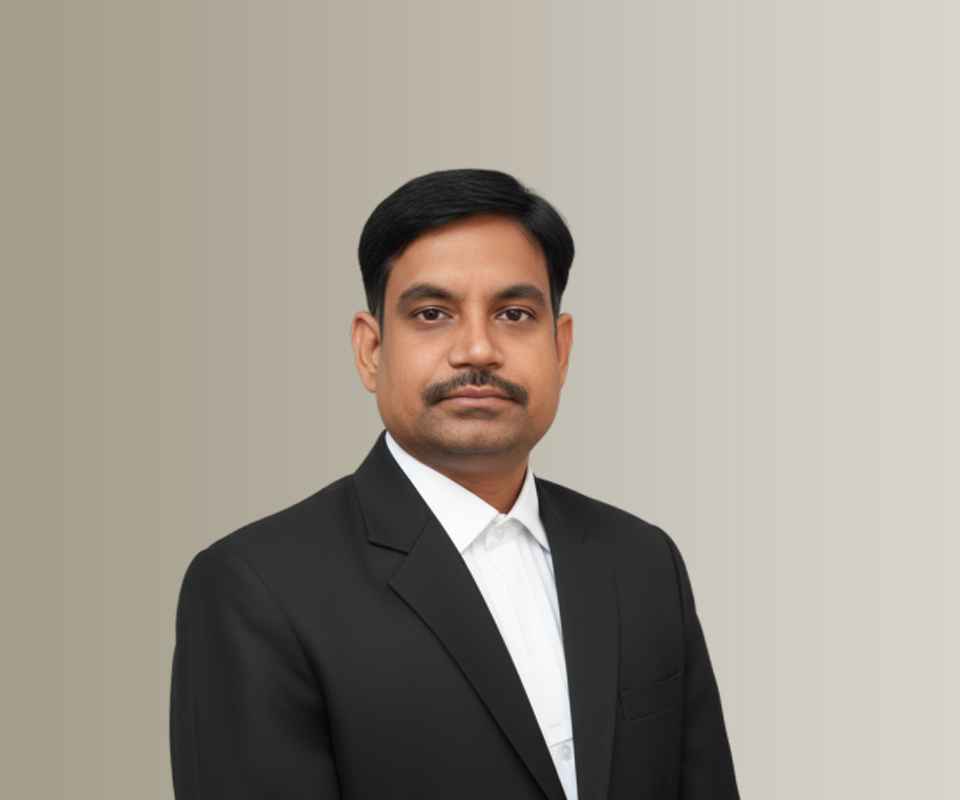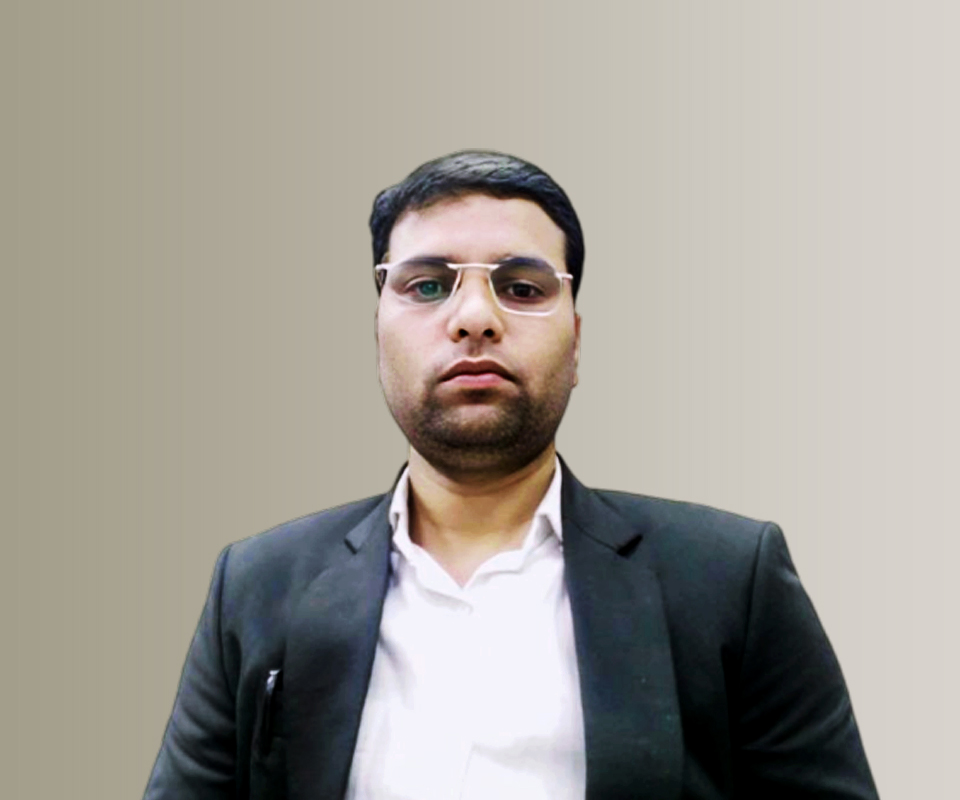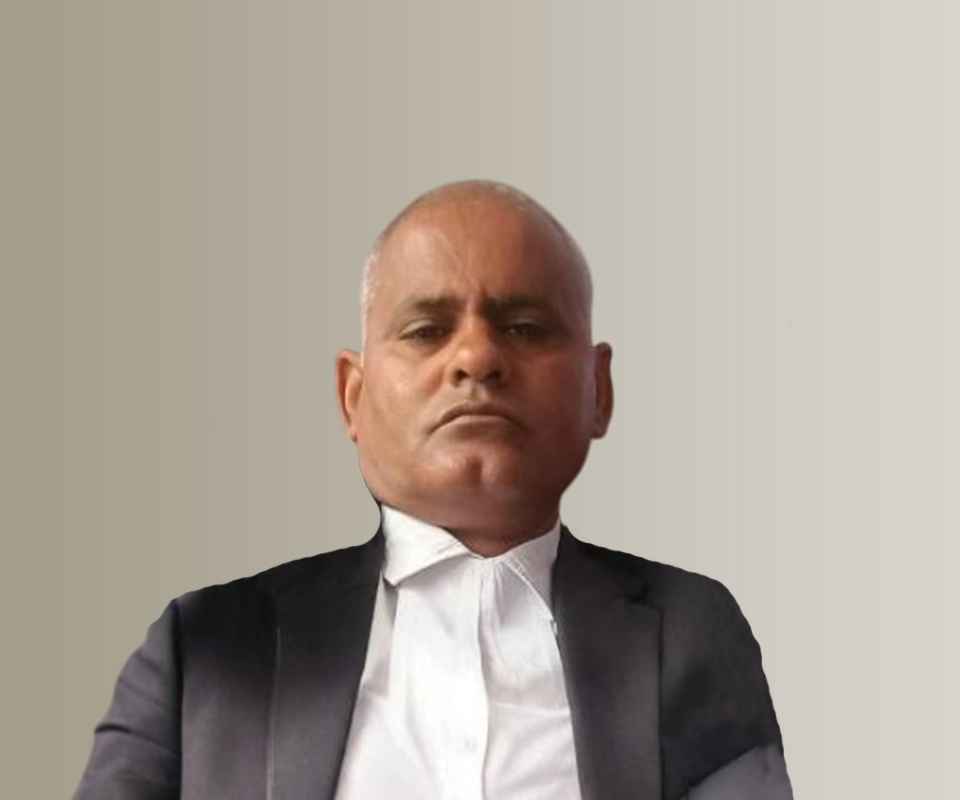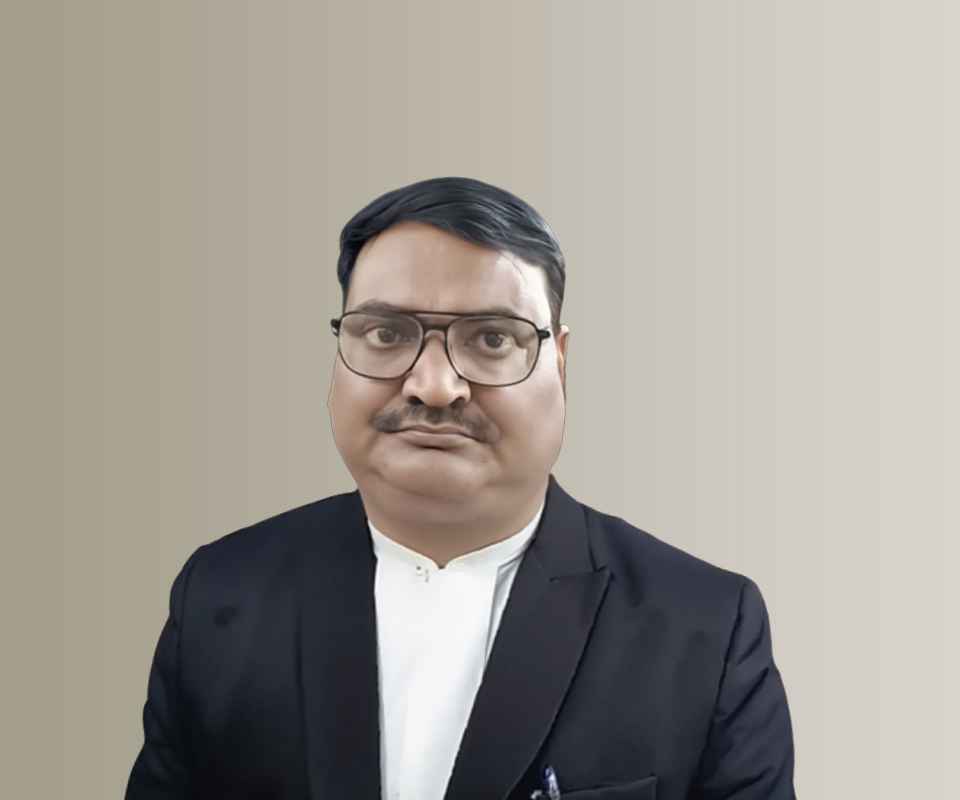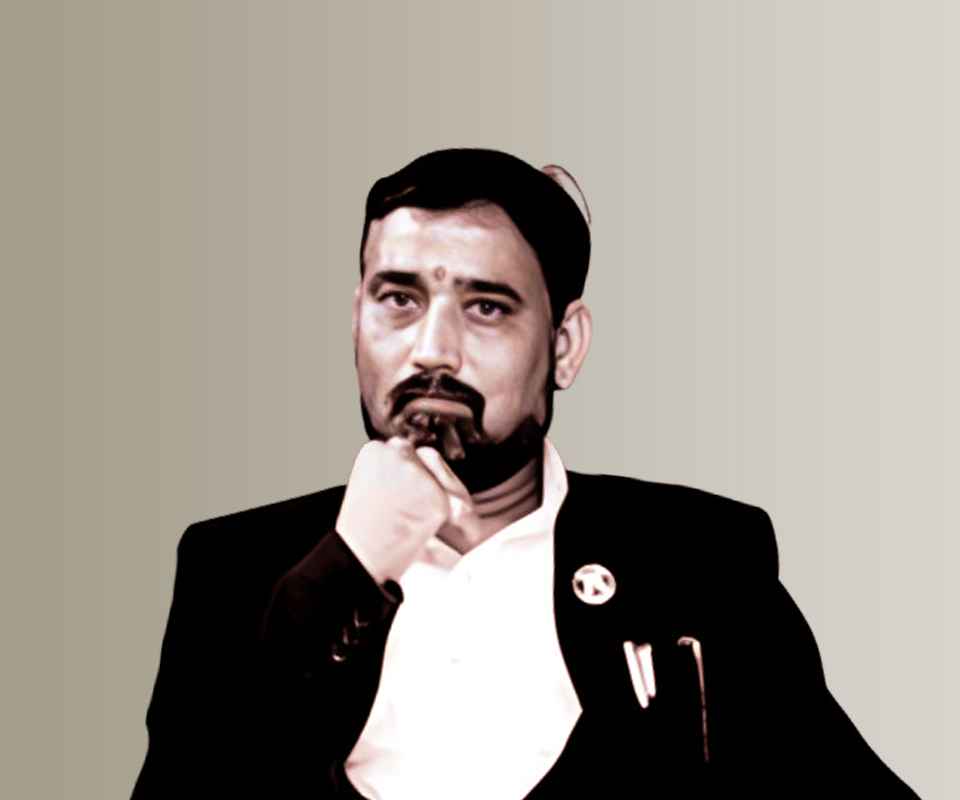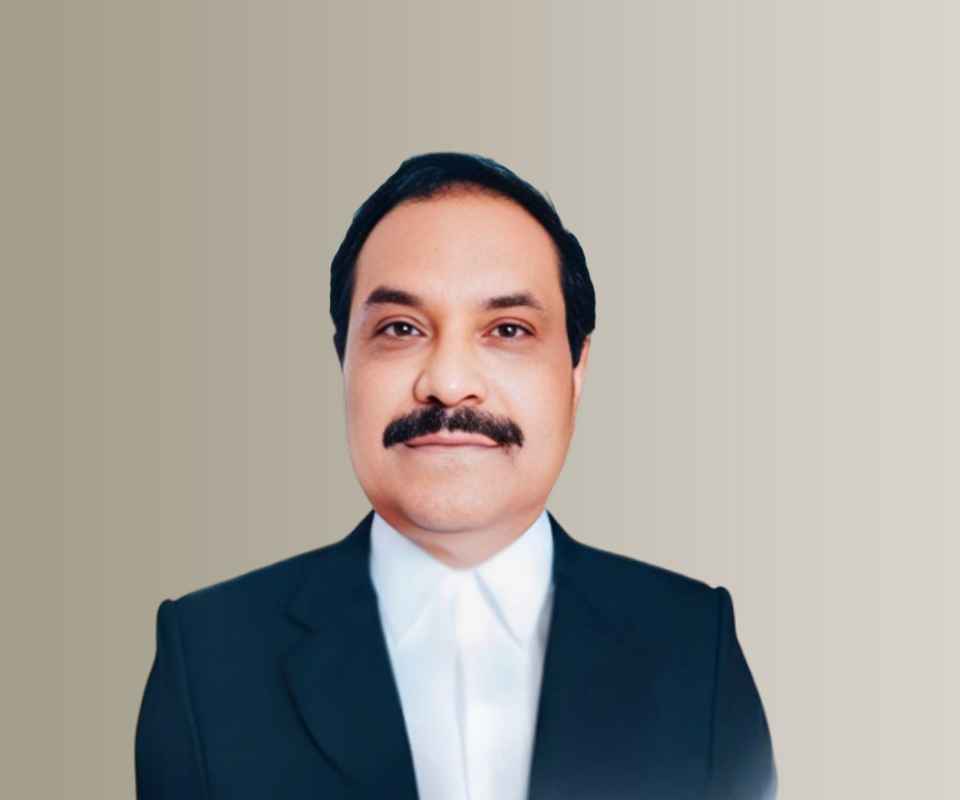Answer By law4u team
Bharatiya Nagarik Suraksha Sanhita, 2023 - Section 281: Power to stop proceedings in certain cases
In any summons-case instituted otherwise than upon complaint, a Magistrate of the first class or, with the previous sanction of the Chief Judicial Magistrate, any other Judicial Magistrate, may, for reasons to be recorded by him, stop the proceedings at any stage without pronouncing any judgment and where such stoppage of proceedings is made after the evidence of the principal witnesses has been recorded, pronounce a judgment of acquittal, and in any other case, release the accused, and such release shall have the effect of discharge.
Brief Detail
Section 281 of the Bharatiya Nagarik Suraksha Sanhita, 2023, empowers a Magistrate to stop proceedings in a summons-case that was instituted other than upon a complaint. The Magistrate, upon recording reasons, can halt the proceedings at any stage without pronouncing a judgment. If the stoppage occurs after the principal witnesses' evidence has been recorded, the Magistrate may pronounce a judgment of acquittal. In other cases, the accused may be released, and such release will have the effect of discharge.
Question & Answers
Q1: Can a Magistrate stop proceedings in a summons-case that was instituted upon complaint?
A1: No, the provision applies to summons-cases instituted otherwise than upon complaint.
Q2: What must the Magistrate do before stopping the proceedings?
A2: The Magistrate must record reasons for stopping the proceedings.
Q3: Can the Magistrate pronounce a judgment if the proceedings are stopped after the evidence of principal witnesses has been recorded?
A3: Yes, in such cases, the Magistrate may pronounce a judgment of acquittal.
Q4: What happens if the Magistrate stops the proceedings before the evidence of the principal witnesses has been recorded?
A4: In such cases, the Magistrate may release the accused, and the release will have the effect of discharge.
Example
Example 1:
A Magistrate of the first class stops the proceedings in a summons-case after the evidence of principal witnesses has been recorded. The Magistrate pronounces a judgment of acquittal, thereby ending the case.
Example 2:
In a case where the evidence of the principal witnesses has not been recorded, the Magistrate stops the proceedings and releases the accused, and the release acts as a discharge of the accused from the case.
Summary
Section 281 of the Bharatiya Nagarik Suraksha Sanhita, 2023, gives Magistrates the authority to stop proceedings in certain summons-cases. This power is exercised with reasons recorded by the Magistrate, and in cases where the principal witnesses' evidence has been recorded, an acquittal may be pronounced. If the evidence has not been recorded, the accused can be released, and such release will be treated as a discharge.
